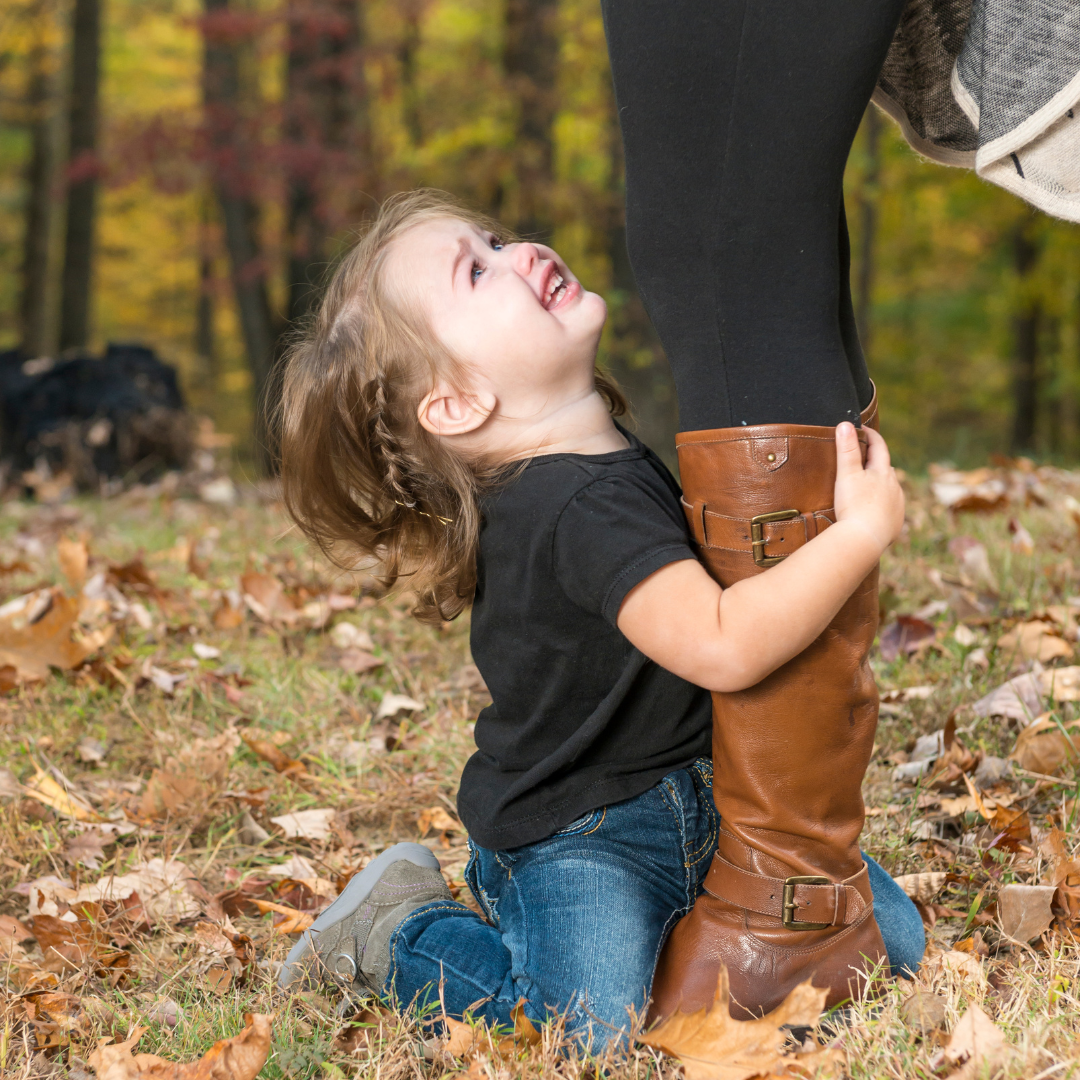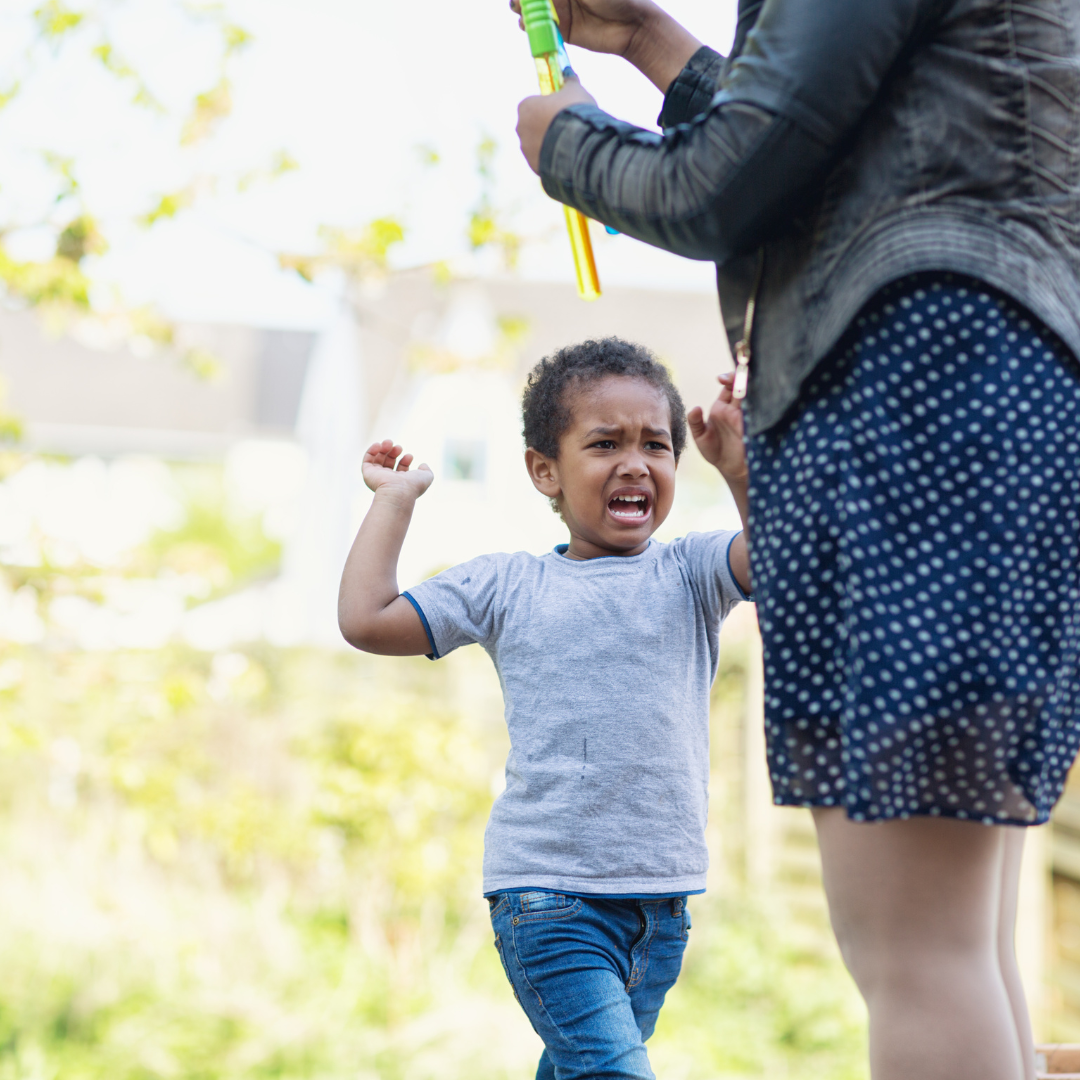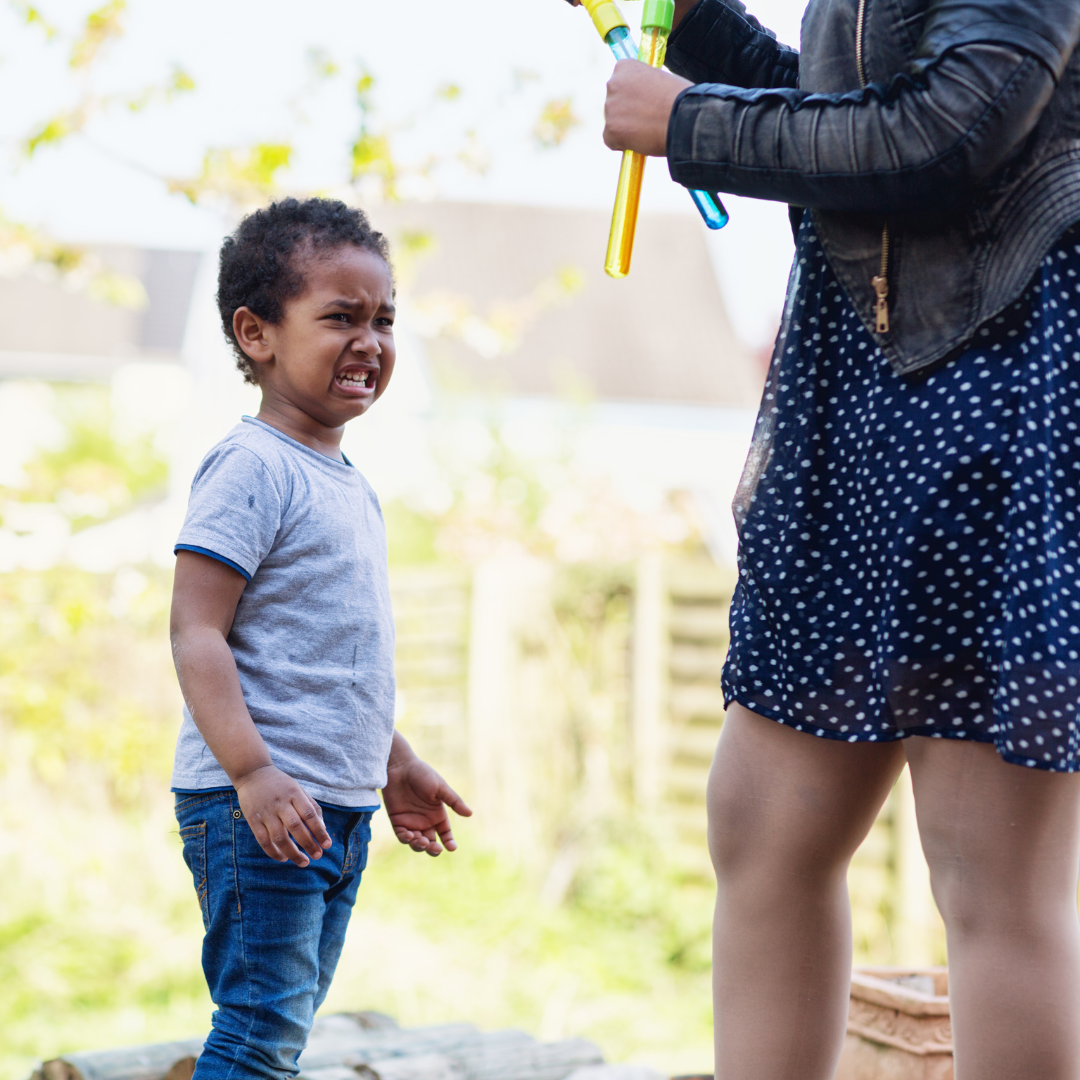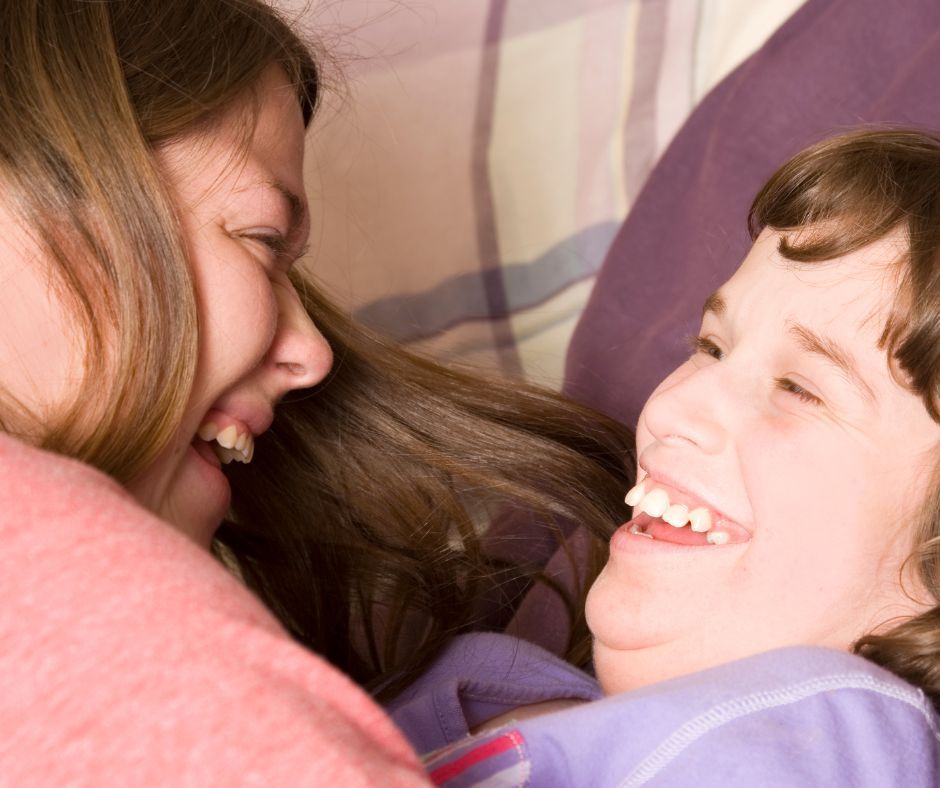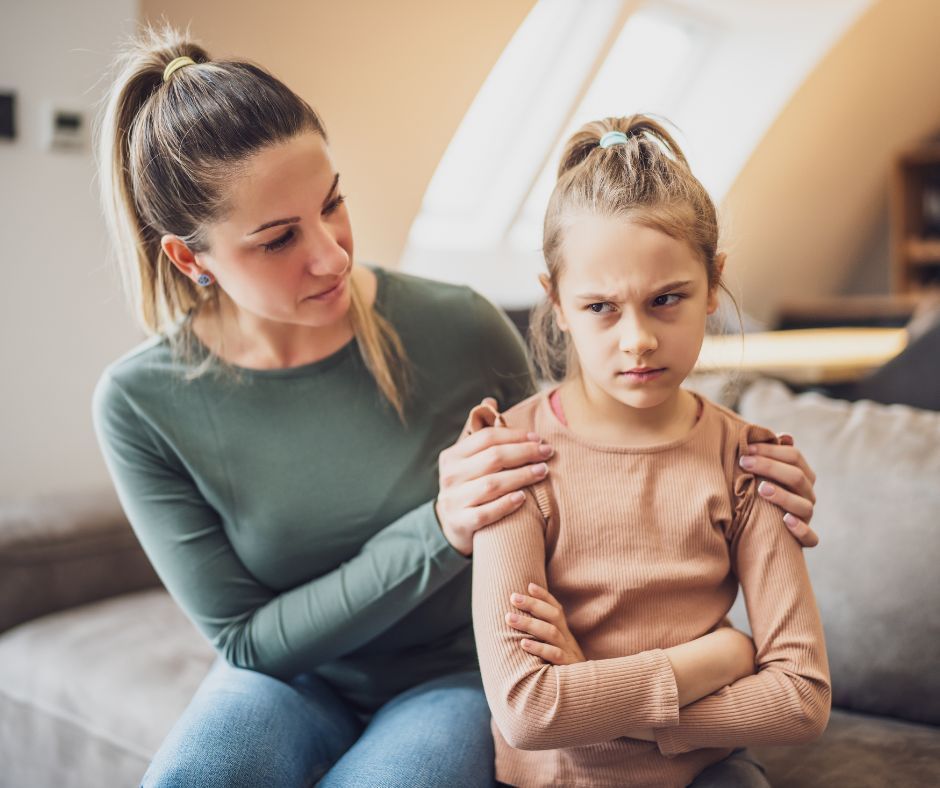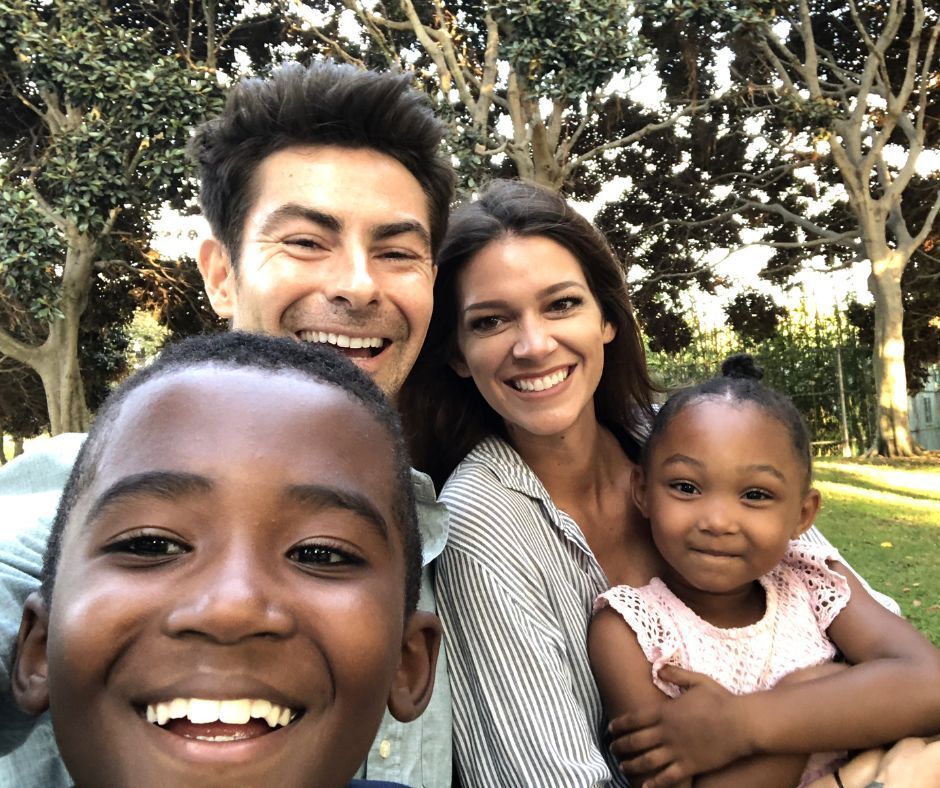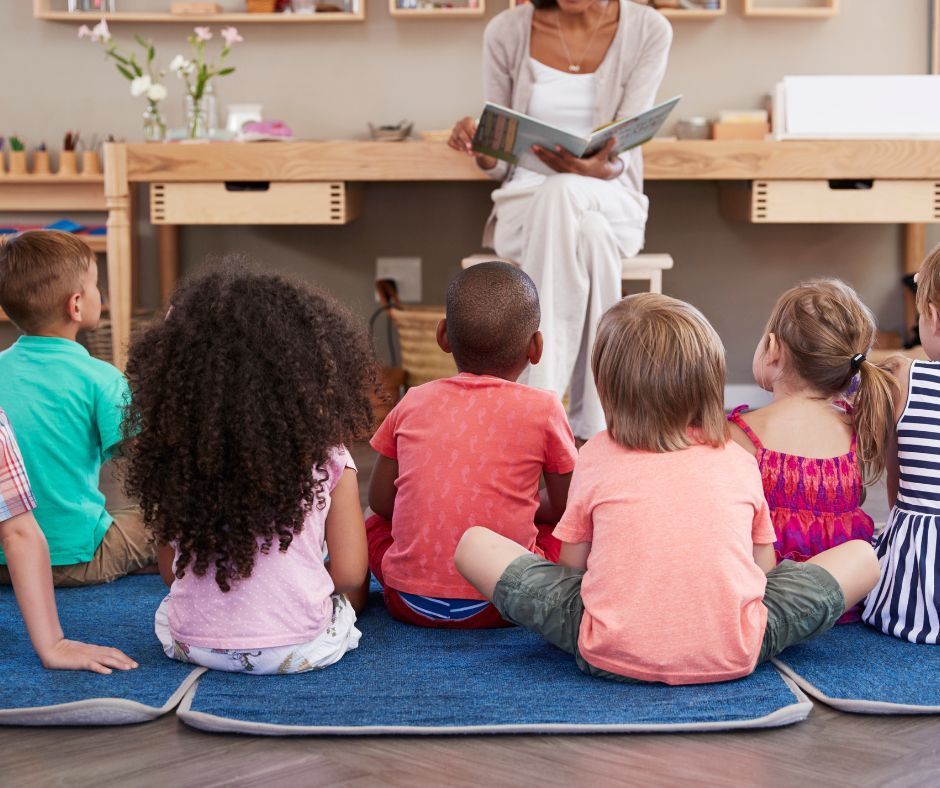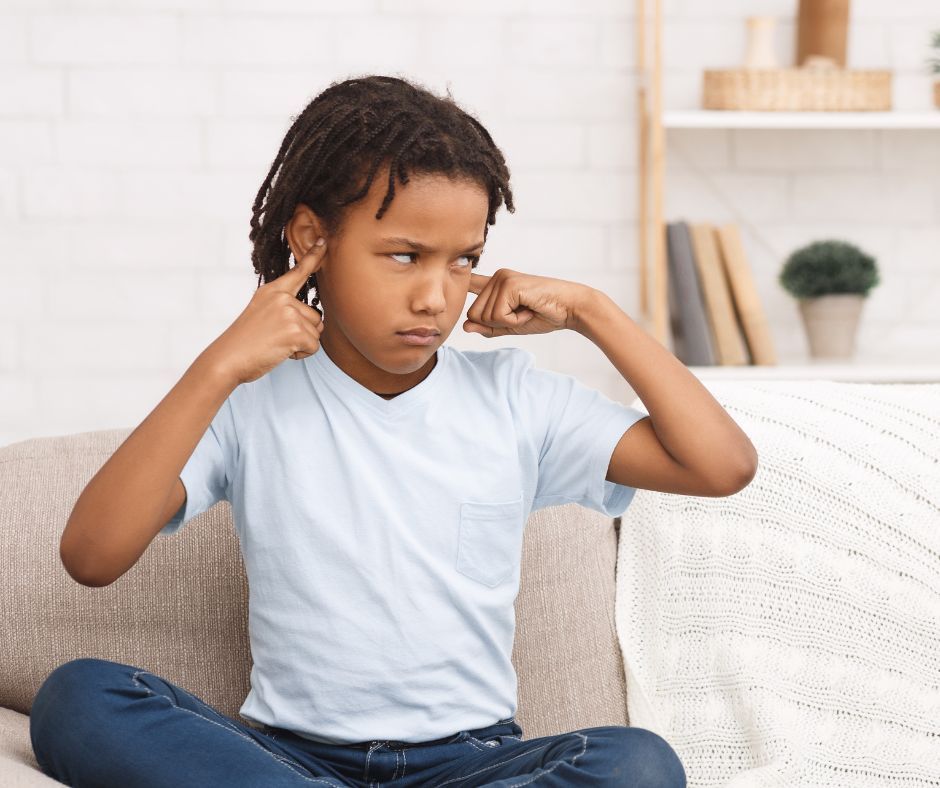The phone was propped on my shoulder as I listened intently while my friend was describing her two-year-old son’s first public temper tantrum. Her first child had been very compliant and would not have dreamed of calling any attention to herself in public like that. She said, “I was shocked when I saw him on the floor kicking and screaming over something he didn’t get that he wanted. I was amazed at how quickly embarrassment flooded me.” Then the woman behind me in the line smiled and said, “Honey, they all do this. He will stop eventually.”
As she recounted her story, I felt tears roll down my cheeks even before the sadness hit me. I remembered what it was like when I had a toddler melting down everywhere we went. I couldn’t recall one time when someone was kind to me like that. At best people would avoid me. Often people glared at me and mumbled loudly under their breath. They mumbled things like, “She shouldn’t leave the house if she can’t control her kids,” or “He needs a whipping,” or they would turn to their own child and loudly say, “I am so glad you know how to behave in a store.” At times, because his behavior was so confusing and chaotic, people would gather around with cell phones ready, trying to determine whether or not they should call someone about this woman with the out-of-control child. I was shocked by how quickly I was flooded with emotions despite the years that have passed without a public meltdown. Although today I think about those times with sadness and even tenderness toward both of us, this momma who was struggling so much, and my sweet boy who was struggling even more, in those moments I remember feeling ashamed.
There were times when people, in an attempt to be kind, dismissed the behavior when I tried to explain it to them. This too made me feel shame. If every two, three, or four-year-old does this, then why I am so overwhelmed? What is wrong with me? When I told people that my son never napped, they said things like, “Oh, I have a bad sleeper too. I am lucky if he takes an hour nap.” They didn’t hear me. My son NEVER NAPPED, ever! For years he also slept poorly during the night, many nights as few as four hours. We were beyond exhausted.

